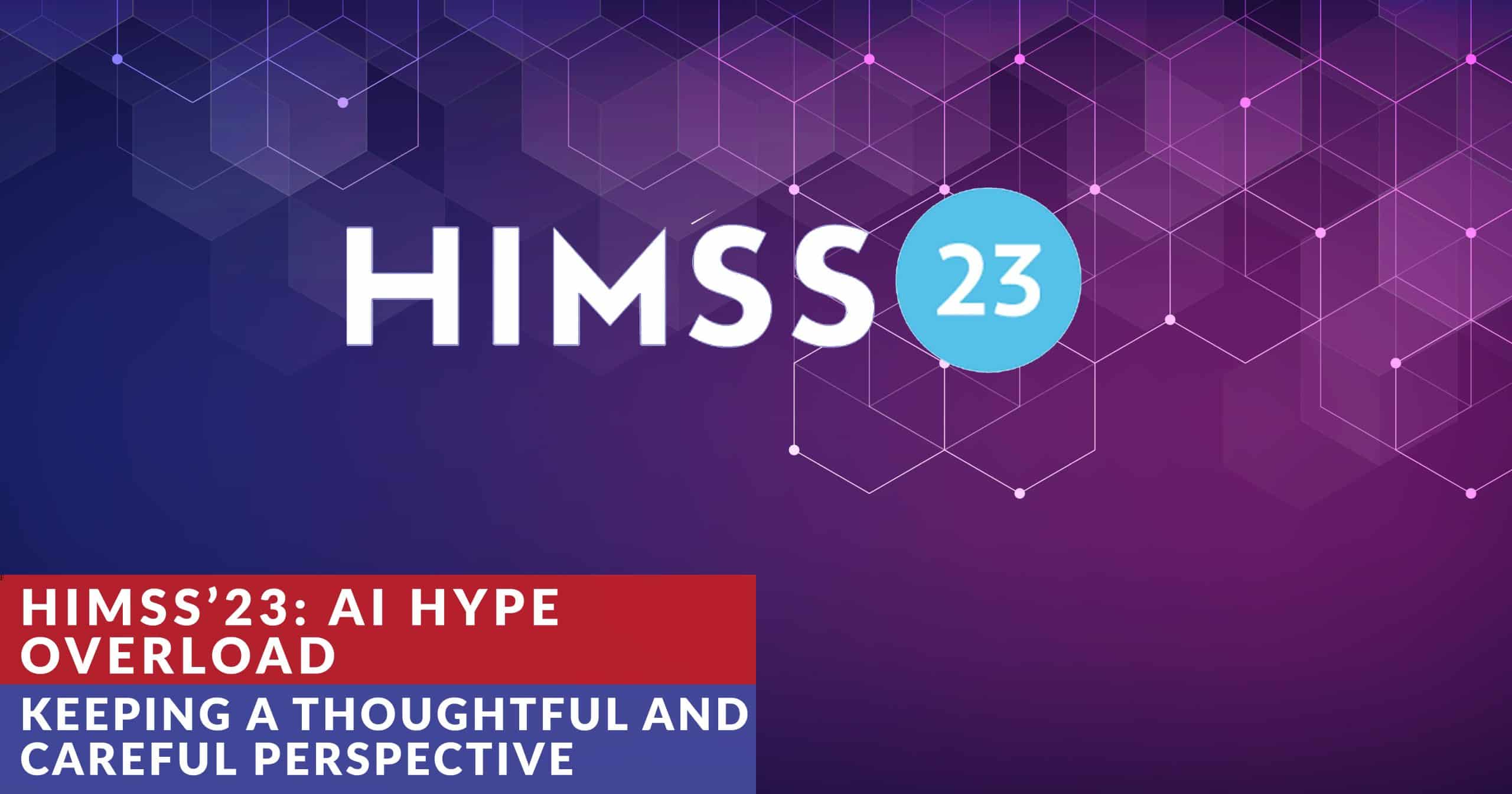Analysis of 2016 Premium Changes and Insurer Participation in the Affordable Care Act’s Health Insurance Marketplaces
Cynthia Cox, Rosa Ma, Gary Claxton, and Larry Levitt for Kaiser Family Foundation
“According to this preliminary review of health insurance premiums for 2016, it appears that ACA is having the desired effect, on average, of minimizing large upticks in insurance pricing for the most commonly chosen “Silver” plans. However, it should be noted that there are large differences in rate plan changes over (-10.1 to +16.2%) the 10 states/urban areas analyzed.” – John
The Secret Startup That Saved the Worst Website in America
Robinson Meyer in The Atlantic
“This is a long but detailed and fascinating read about the startup that was brought in to fix Healthcare.gov after its catastrophic initial launch. The team of young developers first squatted in CMS offices, setting up shop when regular staffers had a meeting, then moving elsewhere when they returned – and then rented a McMansion in the Maryland suburbs. The fascinating part is the way startup culture clashed with government culture: CMS had project schedules detailed down to the day, and struggled to accept the agile development process, and the new development tea had to wait more than six months to get approval to use Amazon Web Services.” – Brian E.
Harvard researchers tested 23 online ‘symptom checkers.’ Most got failing grades. Here’s how they stack up.
Ariana Eunjung Cha in The Washington Post
“A few different implications arise from Harvard Medical School’s latest study on the accuracy of online symptom checker tools. Technology alone cannot be expected to replace clinical diagnosis at this stage of the game, despite what marketing teams will have you believe. How can these companies – WebMD and Mayo Clinic among others – improve accuracy? Various hybrids of symptom checking and live support have been tried (e.g. Virtuwell) – does the future of these sites involve a real-time chat support component? Is it possible to steer a defined population (say, an ACO’s membership) away from the general internet and towards specific tools?” – Naveen
N.Y. Law Offers Model For Helping Consumers Avoid Surprise Out-Of-Network Charges
Michelle Andrews in Kaiser Health News
“Surprise medical bills underscore the need for solutions that include data about coverage and costs. Lamentably, neither are easy to come by with existing systems. This article describes New York’s effort to eliminate balance billing for out-of-network services. The Empire State has rules that apparently represent the stat-of-the-art for consumer protection. Of course, you have to wonder what providers think.” – Brian M.
People could save a lot of money on health care—if only they knew how to use health savings accounts
Michael A Fletcher in The Washington Post
“Health savings accounts are a key component of the healthcare industry’s push toward consumer-driven health. After all, the money that people save isn’t taxed and can supplement retirement savings once someone hits 65. There’s just one problem: The vast majority of Americans have no idea how to use their HSAs, and those who do tend to be wealthy (and therefore largely unaffected by healthcare costs in the first place).” – Brian E.
Group faults Mass. nursing home dementia care
Kay Lazar in The Boston Globe
“False claims about dementia services from nursing homes is the topic of this article. It has anecdotes about chains that advertise dementia services in some facilities while claiming that its other facilities can also accommodate dementia patients. Part of the problem is summed up in this phrase, “more than half of nursing home residents are believed to have dementia.” In other words, the problem is not well understood. Dementia, delirium, sundowning, general bad attitude — patients come in different shades, not everyone has been diagnosed, and providing appropriate care is difficult when the need is not really defined.” – Brian M.
Connecting the Dots: Health Information Technology Expansion and Health Disparities
Courtney Lyles, Dean Schillinger, Urmimala Sarkar for PLOS Medicine
“It’s no secret patient portals are largely unusable. A recent paper in the journal PLOS Medicine says the cumbersome and complex nature of the typical portal only exacerbates health disparities, as racial and ethnic minorities as well as those with limited literacy are less likely than the average patient to be able to access, navigate and process the jargon-filled information available on the portal. The paper spreads the blame, calling providers, EHR vendors and the ONC to task for establishing an environment where user-centered design principles were ‘largely nonexistent.'” – Brian E.




0 Comments